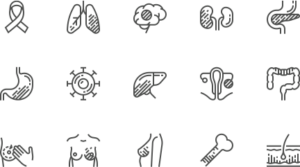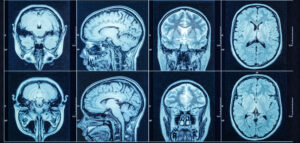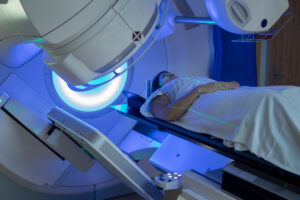What is cancer?

Cancer is a condition where cells in a specific part of the body grow and reproduce uncontrollably. The cancerous cells can invade and destroy surrounding healthy tissue, including organs. Nearly 1 in 2 people in the UK will develop some form of cancer during their lifetime. These will most commonly be cancer affecting the breast tissue, lungs, prostate and bowel.
GPs play a key role in the diagnosis and care of people with cancer in our local community.
Preventing cancer
Making some simple changes to your lifestyle can significantly reduce your risk of developing cancer, and there is plenty of advice available on healthy eating, taking regular exercise and not smoking which has been proven to help your body fight off cancer cells.
Spotting cancer

While nobody wants a cancer diagnosis, with more and more cancers treatable and survivable, early diagnosis is key in that early treatment is more likely to be successful. This still applies during the coronavirus Pandemic. Please do contact us if you notice a change that isn’t normal for you or you have possible symptoms of cancer, such as a lump that doesn’t go away, unexplained bleeding, or change in bowel habit. In many cases your symptoms will not be related to cancer and will be caused by other, non-cancerous health conditions.
The UK has three national screening programmes. These are for breast cancer, which includes a specialised breast X-ray called a mammogram; bowel cancer which simply involves providing a quick and easy stool sample; and cervical cancer which is a ‘smear’ test provided by our qualified and experienced nurses.
If you are eligible for these screening tests you will receive a postal invite automatically through the national programme, not via the GP surgery. Appointments for cervical screening can be booked with the surgery once you receive an invite from the national screening programme. We strongly encourage uptake of these opportunities to either put your mind at ease, or start correct treatment.
Diagnosis

No one’s cancer diagnosis path is the same and you may require further investigations or tests through the surgery prior to external referral. Accurately diagnosing cancer can take weeks or months. As cancer often develops slowly over several years, waiting a few weeks will not usually impact on the effectiveness of the treatment. When your GP refers you urgently you will usually be seen by a specialist within two weeks. In cases where cancer has been confirmed, the guidelines are that you should not have to wait more than 31 days from the decision to treat to the start of treatment.
Treating Cancer

Living with and beyond cancer is hard for anybody. Cancer recovery will require support from a wide network of professionals in a diverse range of ways to increase self-management and promote individual physical and mental healing. We have close ties with specialist cancer care nurses, Macmillan services, and there are local Southampton support groups. There are more than 200 types of cancer and each is diagnosed and treated in a particular way. Cancer Research has good information on what to expect, symptoms, diagnosis, treatment, research and coping with specific types of cancer.
End of life care
Of course, if needed then sensitive end of life care conversations are vital with healthcare professionals and close family. As a team we can ensure that support is in place for people to be cared for and die in the place of their choice. We will always work our hardest to support you in your own decisions.
